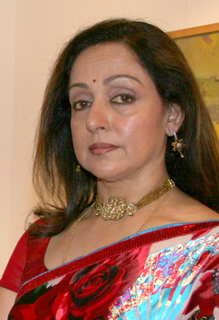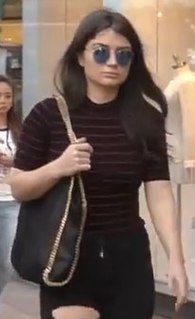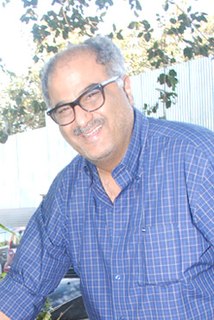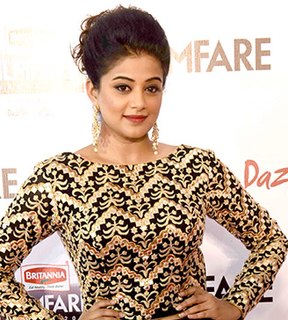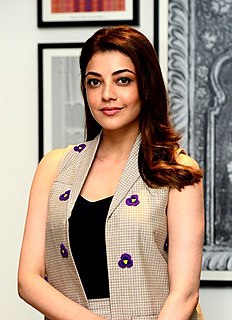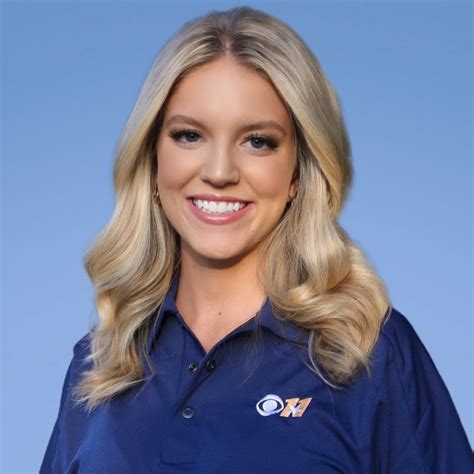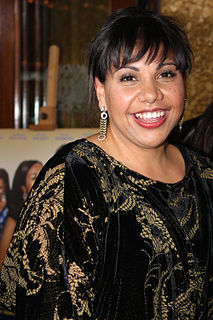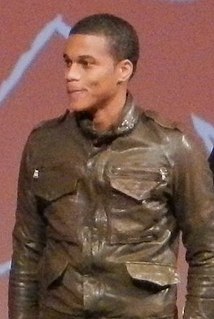A Quote by Hema Malini
I started my career with her. I was supposed to do my first film in Tamil in which she was the other heroine. The film was titled 'Vennira Aadai.' It was a love triangle, with Jayalalithaaji and I playing the hero's two love interests. But the director Sridhar removed me from the film after a few days' shooting.
Related Quotes
My tutor was a film director on the side, and she introduced me to film. She then put me in one of her short films, and it came out of that. That's when I fell in love with the process of making a film. After that, I was about 15 and I was like, "This is what I've gotta do." So, I started taking acting lessons, and then I applied to college to do acting. I got an agent, and it all just happened.
Me and Kirby are very collaborative and it changes from film to film. The first project we worked on together, Derrida, we co-directed. The last film Outrage, I was the producer and he was the director. This film was much more of a collaboration - he is the director and I am the producer - but this is a film by both of us.
Look at Charlotte Gainsbourg, in the Lars von Trier film Antichrist. She's unbelievable. She doesn't act; she's there. She's great. And you love her for that, because it's so daring, what she has to do. And she does it as if it is nothing. I think she's brave. I fell in love with her when I saw that film. She is a revelation. Total revelation.
If you make a film, that magic is not there, because you were there while shooting it. After writing a film and shooting it and being in the editing room every day, you can never see it clearly. I think other people's perception of your film is more valid than your own, because they have that ability to see it for the first time.
"Fish Tank" [my favorite woman-directed film] by Andrea Arnold. The film is so beautifully shot, and I love the raw energy of Katie Jarvis, who plays the main character, Mia. She is not a professional actress and she provides the film with a sense of realism. To me, the film feels so complete and superior.
I have worked with a lot of really great women directors: Ana Kokkinos; Cate Shortland, who just recently directed a film called 'Lore;' another director, Rachel Perkins - she's an Aboriginal director, and I've worked with her three times now, and she gave me my first film role, actually, back in 1997.
